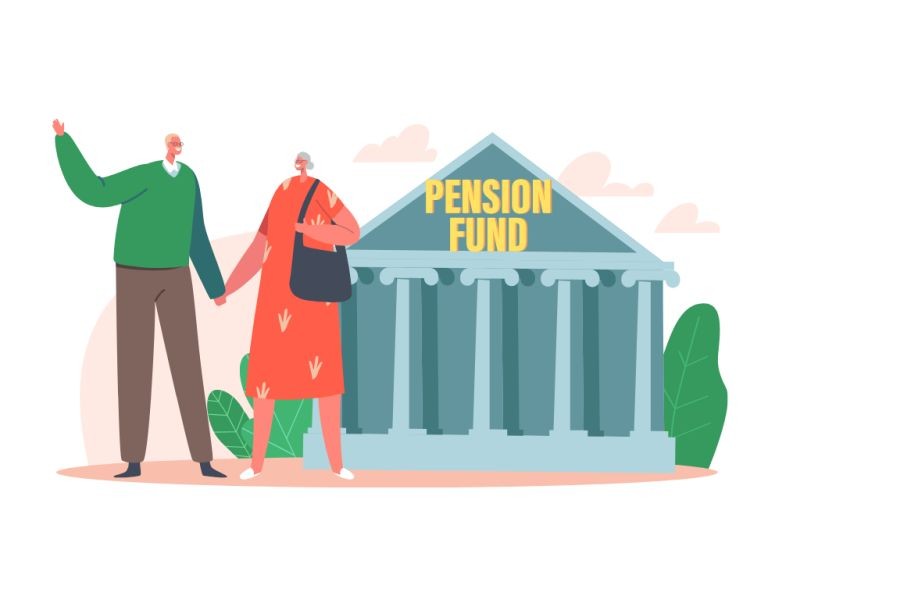In the ever-evolving landscape of New Zealand's property market, the debate between short-term rentals and long-term tenants has emerged as a critical discussion point. With the country's tourism industry recovering post-pandemic and a housing market that remains buoyant, understanding the impacts of both rental strategies is more vital than ever. As a marketing specialist, leveraging data-driven insights and industry knowledge is key to navigating this complex domain.
The Short-Term Rental Phenomenon
Short-term rentals have surged in popularity, driven by platforms like Airbnb and Bookabach. These rentals offer flexibility and lucrative returns, attracting property owners keen to maximize income. According to Stats NZ, the tourism sector contributed over NZD 16.4 billion to the economy in 2022, highlighting the potential for short-term rentals to capture a share of this market. However, this trend also raises concerns about housing availability and affordability.
Case Study: Queenstown's Short-Term Rental Boom
Queenstown, renowned for its stunning landscapes and adventure tourism, has experienced a boom in short-term rentals. With tourism rebounding, property owners have shifted from long-term leases to short-term arrangements. This shift has led to a 20% increase in rental income for owners, yet it has also resulted in a housing shortage for local residents, pushing rental prices up by 15% (Source: NZ Property Investors’ Federation).
Long-Term Tenancies: Stability and Security
Long-term tenancies offer stability for both landlords and tenants. The Residential Tenancies Act 1986 provides a framework that supports tenant rights and security of tenure, making it an attractive option for families and individuals seeking permanency. However, landlords face challenges such as fixed rental returns and potential tenancy disputes.
Pros and Cons of Long-Term Tenancies
- Pros: Predictable income, legal protections under the Residential Tenancies Act, and lower turnover costs.
- Cons: Limited flexibility in adjusting rental rates, potential for disputes, and less lucrative returns compared to short-term rentals.
Impact on New Zealand's Housing Market
New Zealand's housing market has been significantly influenced by the dynamics between short-term and long-term rentals. According to the Reserve Bank of New Zealand, property prices have increased by 27% from 2020 to 2023, partially driven by the demand for short-term rental properties. This trend raises questions about housing availability and affordability for local residents.
Contrasting Viewpoints: Short-Term vs. Long-Term
While short-term rentals offer higher returns, they contribute to housing shortages and inflate prices in popular tourist areas. Conversely, long-term tenancies promote stability but may yield lower financial returns. A balanced approach, integrating both strategies, could provide a solution that caters to diverse market needs.
Industry Insight: Navigating Policy Changes
In recent years, New Zealand's government has introduced measures to regulate the short-term rental market, aiming to mitigate its impact on housing availability. The Ministry of Business, Innovation and Employment (MBIE) has proposed stricter regulations on short-term rental platforms, potentially affecting future investment returns. Marketing specialists must stay informed about these policy shifts to advise property investors effectively.
Common Myths About Rentals Debunked
- Myth: Short-term rentals are always more profitable than long-term leases.
- Reality: While short-term rentals can yield higher returns during peak tourist seasons, long-term tenants provide consistent income and reduce vacancy rates, balancing overall profitability (Source: Deloitte NZ Real Estate Report).
Future Trends and Predictions
Looking ahead, the integration of technology in property management will play a crucial role. Digital platforms that streamline tenant screening, rental agreements, and property maintenance will enhance efficiency and tenant satisfaction. By 2028, it's predicted that 40% of New Zealand property management processes will be automated, aligning with global digital transformation trends (Source: MBIE Future of Real Estate Report).
Conclusion: Finding the Right Balance
Ultimately, the decision between short-term rentals and long-term tenants hinges on individual financial goals and market conditions. Investors should consider local regulations, market demand, and potential returns when formulating their strategies. Engaging with industry experts and leveraging data-driven insights can help navigate this complex landscape effectively.
What’s your take on the short-term vs. long-term rental debate? Share your insights in the comments below, and join our newsletter for more expert analyses and industry updates!
People Also Ask
- How do short-term rentals impact New Zealand's housing market?Short-term rentals can contribute to housing shortages and increased rental prices in tourist-heavy areas, impacting local affordability and availability.
- What are the benefits of long-term tenancies?Long-term tenancies offer stability, predictability, and lower turnover costs, making them an attractive option for landlords seeking consistent income.
- How can investors balance short-term and long-term rental strategies?Investors can balance these strategies by analyzing market demand, regulatory changes, and financial goals to optimize returns while ensuring tenant satisfaction.
Related Search Queries
- Short-term vs. long-term rental investment in New Zealand
- Impact of Airbnb on NZ housing market
- New Zealand Residential Tenancies Act
- Future of real estate in New Zealand
- Best rental markets in NZ 2024































